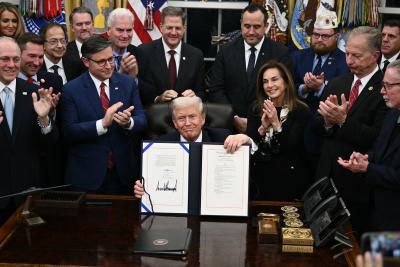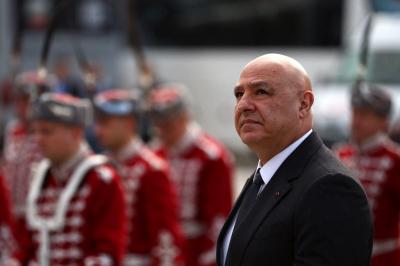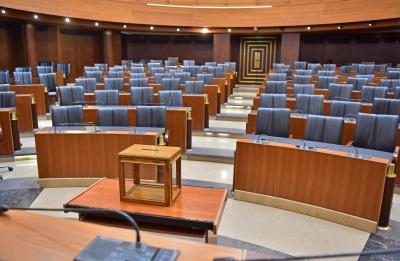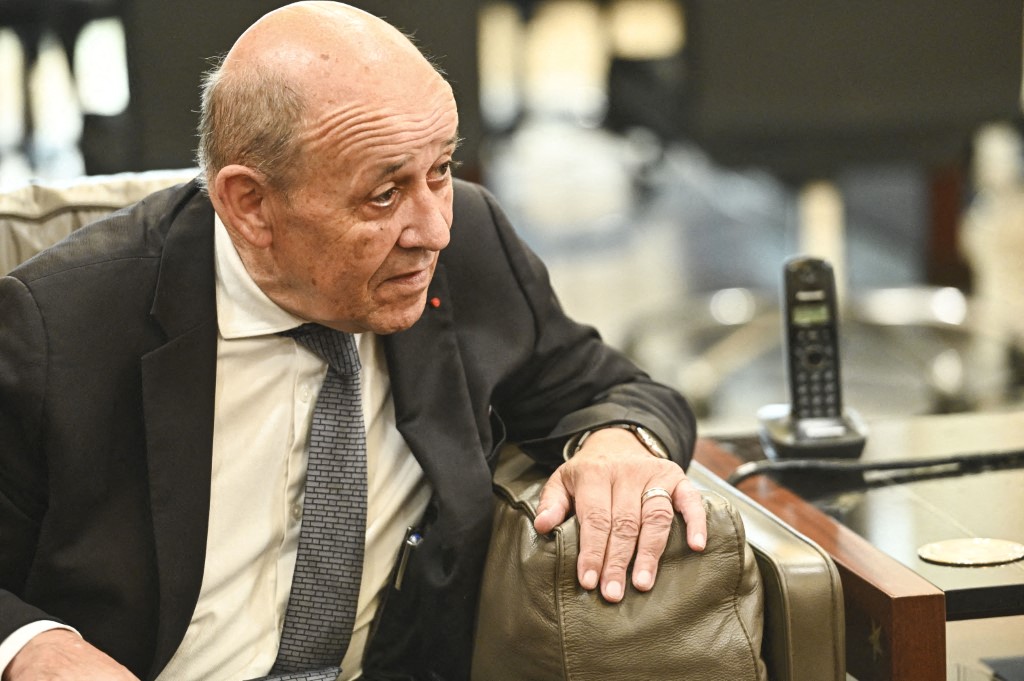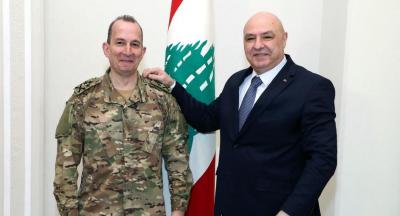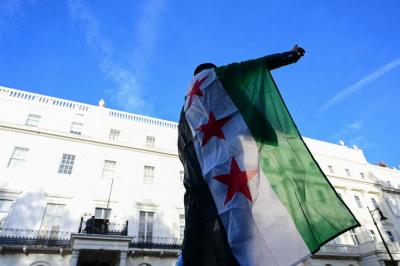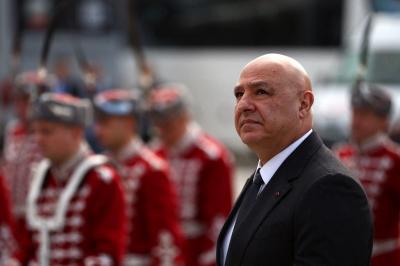French presidential envoy Jean-Yves Le Drian is spearheading preparations for two upcoming international conferences aimed at supporting Lebanon. The first will focus on strengthening the Lebanese Army, enabling it to fulfill its national duties—most recently reaffirmed by the government’s decision that weapons must remain solely in the hands of legitimate military and security institutions. The second, expected before the end of the year, will address economic recovery, development, and reconstruction.
International Conditions: Reform and Sovereignty
Countries signaling their participation have set three core conditions: the disarmament of all non-state armed groups; the passage of long-delayed reforms in finance, economics, monetary policy, and judicial independence; and tighter control of Lebanon’s porous borders with Syria.
From Paris 1 to “Cèdre”
France’s structured support for Lebanon dates back to the Paris I conference in 2001, under then-President Jacques Chirac. With Lebanon’s debt climbing to 151% of GDP and growth plummeting to 1.2%, Paris I pledged €500 million in aid and soft loans, tied to structural reforms: modernizing the economy, pushing privatization, streamlining spending, boosting revenues, and stabilizing the financial system.
Paris II (2002) and Paris III (2007) followed, culminating in the 2018 “Cedar” conference, which prioritized infrastructure funding. Yet, the bulk of reforms promised by successive Lebanese governments never materialized, stymied by political gridlock, corruption, and recurring security crises.
Military and Economic Dimensions
The upcoming defense-focused conference is designed to bolster the army with equipment, training, and logistical support—vital as it contends with mounting challenges in southern Lebanon. At a similar Paris gathering in October 2024, donors pledged $200 million to the Lebanese military.
The economic-development conference, meanwhile, seeks to revive a battered economy plagued by financial collapse, rampant poverty, and currency freefall. A Paris conference last year earmarked $800 million in humanitarian relief alone.
Tough Demands, Tougher Reality
In addition to enforcing state monopoly over weapons and complying with UN Resolution 1701, donors are demanding sweeping banking and judicial reforms, alongside tax and administrative changes to strengthen transparency and curb corruption. France has been explicit: no progress on reforms, no economic aid.
Another condition is border control with Syria, requiring both security cooperation and technical demarcation. To that end, France has provided archival maps and documents dating back to the mandate era.
So far, Lebanon has struggled to meet these conditions. While the army has begun deploying south of the Litani River, it still lacks resources to complete full coverage nationwide. The government has pledged to strip non-state groups of arms, and some Palestinian factions have started to hand over their weapons. But "Hezbollah" continues to reject disarmament outright.
On the economic front, little has changed since the October 2019 collapse. Piecemeal, half-hearted measures have proven ineffective—or even counterproductive. Administrative chaos persists, with promises to hold violators accountable still largely unfulfilled.
The Future of Aid Amid Competing Agendas
France is coordinating with the United States, Saudi Arabia, the UAE, Qatar, Egypt, and other allies. While all share the same broad goals, divisions remain over how to achieve them.
A pressing concern is donor fatigue: global resources are stretched thin, and Lebanon is competing for attention. In effect, friendly nations are asking Lebanon to do what its own citizens have long demanded—disarmament, reform, and a unified vision for the country’s future. Without that, aid will remain a promise, not a lifeline.
Please post your comments on:
[email protected]
 Politics
Politics


